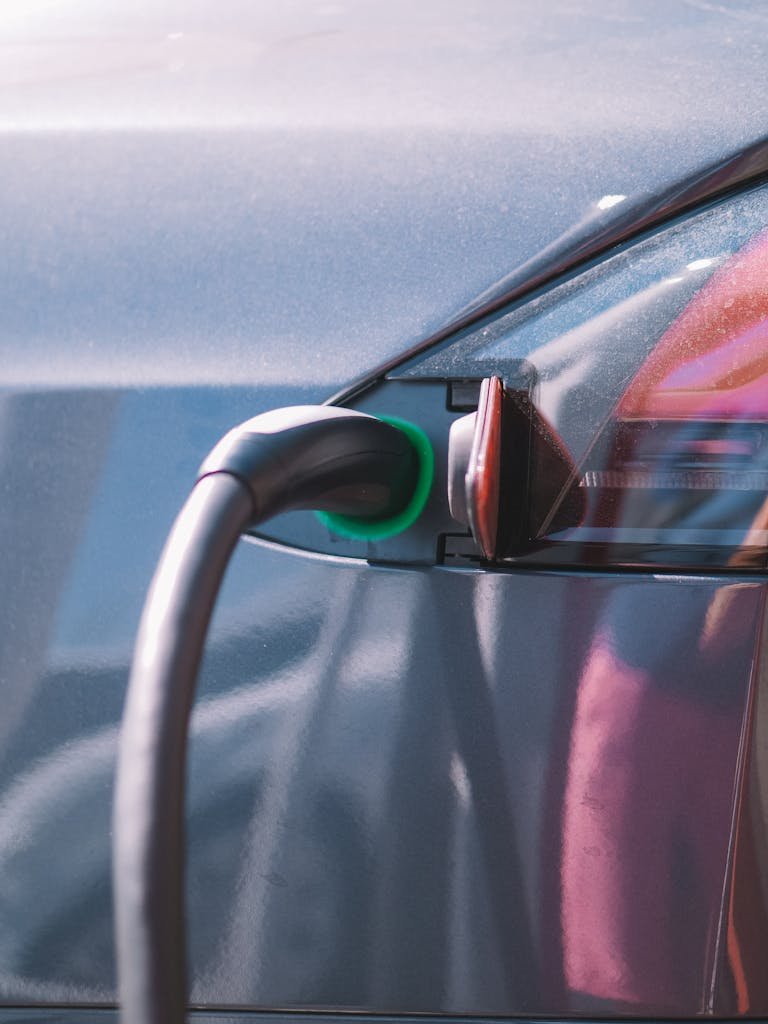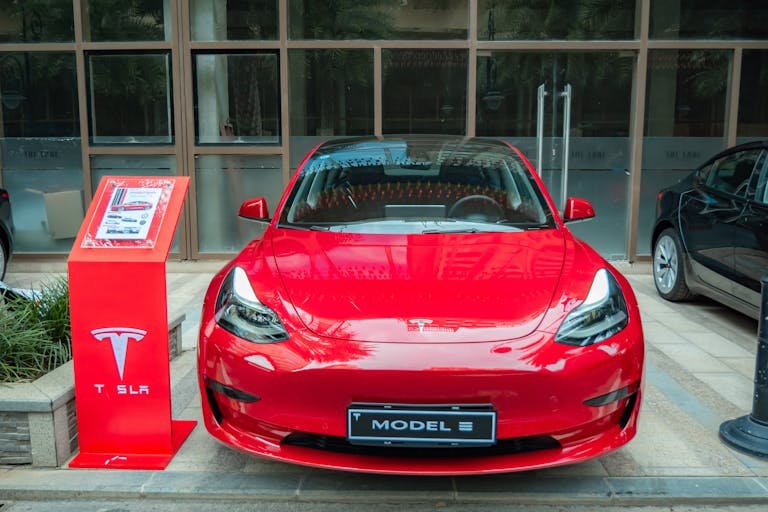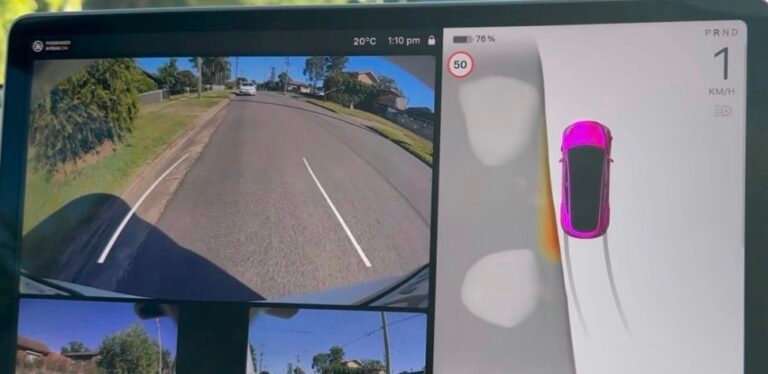Europe’s Electric Vehicle Surge: Navigating Policy Variations – A Research Insight


In Europe, different countries are rolling out various policies and incentives to boost electric vehicles. Some are speeding ahead, while others are just getting started.
A new study, published in the journal Socio-Economic Planning Sciences, takes stock of the E.U.’s efforts to promote electric vehicles, seen as crucial for the bloc’s ambitious climate goals. The researchers, using a sophisticated ranking system, found that financial incentives, charging infrastructure, and government regulations all play a crucial role in determining how fast E.U. nations are electrifying their roads.

“We found that member states with strong financial incentives and well-developed charging infrastructure tend to have higher EV adoption rates,” said Martins, the study’s lead author.
The study, which analyzed policies in all 27 E.U. member states, comes as the bloc races to meet its target of having 30 million electric vehicles on its roads by 2030. This goal is part of a broader effort to slash greenhouse gas emissions and combat climate change.
The researchers found that countries like Norway, the Netherlands, and Portugal have taken the lead in EV adoption, thanks to generous subsidies, tax breaks, and a robust network of charging stations. Norway, for example, exempts electric vehicles from most taxes and offers generous purchase incentives, which has helped make them the most popular car choice in the country.
But in other parts of the E.U., the picture is less rosy. Countries like Poland, Hungary, and the Czech Republic have lagged behind, due to a lack of financial support and limited charging infrastructure. In some cases, governments have even rolled back EV incentives, citing concerns about the cost to taxpayers.
The study’s findings underscore the importance of policy consistency and coordination across the E.U. if the bloc is to achieve its ambitious climate goals.
“The patchwork of policies across the E.U. is creating an uneven playing field for the electric vehicle market,” said the study authors. “If the E.U. is serious about meeting its climate targets, it needs to do more to harmonize policies and provide strong incentives for all member states.”
The study also highlights the need for continued investment in charging infrastructure, a major concern for many potential EV buyers. The E.U. has set a goal of having one million public charging points by 2025, but experts say that more will be needed to ensure widespread EV adoption.
“Range anxiety is still a major barrier for many people considering buying an electric vehicle,” highlighted by the authors. “We need to see a significant expansion of charging infrastructure across the E.U. to make electric vehicles a truly viable option for everyone.”
As the E.U. races towards a clean transportation future, the policies and investments made today will determine whether it reaches its destination on time. With a united effort, the bloc can ensure that electric vehicles are not just a niche market, but a mainstream reality for all Europeans.







I love how this blog gives a voice to important social and political issues It’s important to use your platform for good, and you do that flawlessly